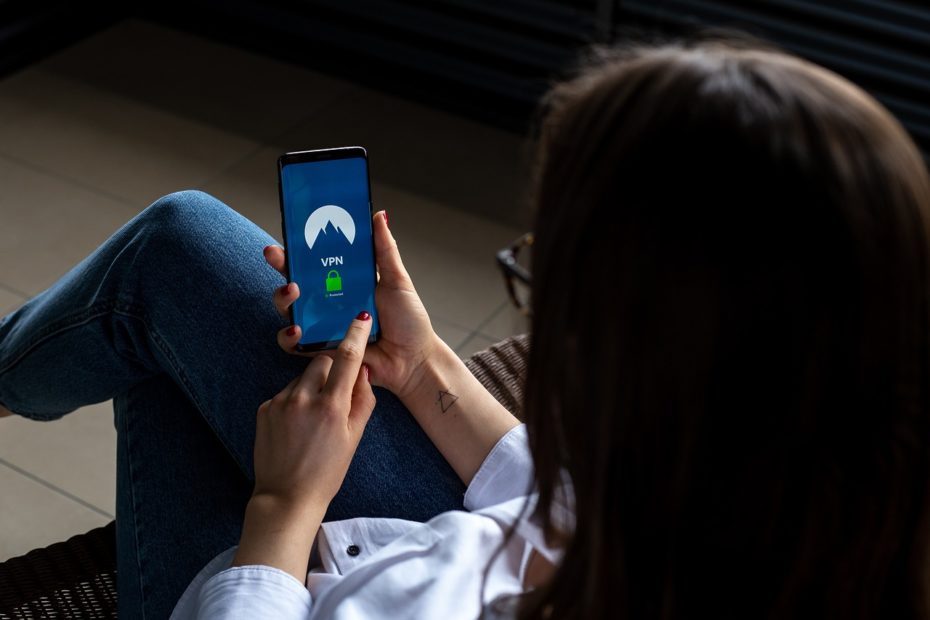A VPN, or Virtual Private Network, allows you to create a secure connection to another network over the Internet. VPNs can be used to access region-restricted websites, shield your browsing activity from prying eyes on public Wi-Fi, and more.
VPNs essentially forward all your network traffic to the network, which is where the benefits – like accessing local network resources remotely and bypassing Internet censorship – all come from. Most operating systems have integrated VPN support.
When you connect your computer, cellphone or tablet to a VPN, the computer acts as if it’s on the same local network as the VPN. All your network traffic is sent over a secure connection to the VPN. Because your device behaves as if it’s on the network, this allows you to securely access local network resources even when you’re on the other side of the world. You’ll also be able to use the Internet as if you were present at the VPN’s location, which has some benefits if you’re using pubic Wi-Fi or want to access geo-blocked websites.
When you browse the web while connected to a VPN, your device contacts the website through the encrypted VPN connection. The VPN forwards the request for you and forwards the response from the website back through the secure connection. If you’re using a USA-based VPN to access Netflix, Netflix will see your connection as coming from within the USA.
VPNs are a fairly simple tool, but they can be used to do a wide variety of things:
Access Your Home Network While Travelling: You can also set up your own VPN to access your own network while travelling. This will allow you to access a Windows Remote Desktop over the Internet, use local file shares, and play games over the Internet as if you were on the same LAN (local area network).
Hide Your Browsing Activity From Your Local Network and ISP: If you’re using a public Wi-Fi connection, your browsing activity on non-HTTPS websites is visible to everyone neraby, if they know how to look. If you want to hide your browsing activity for a bit more privacy, you can connect to a VPN. The local network will only see a single, secure VPN connection. All the other traffic will travel over the VPN connection. While this can be used to bypass connection-monitoring by your Internet service provider, bear in mind that VPN providers may opt to log the traffic on their ends.
Access Geo-Blocked Websites: Whether you’re an American trying to access your Netflix account while travelling out of the country or you wish you could use American media sites like Netflix, Pandora, and Hulu, you’ll be able to access these region-restricted services if you connect to a VPN located in the USA.
Bypass Internet Censorship: Many Chinese people use VPNs to get around the Great Firewall of China and gain access to the entire Internet. (However, the Great Firewall has apparently started interfering with VPNs recently.) If the Great Internet Durawall of Zimbabwe is implemented, you could use a VPN to follow their example.
Downloading Files: Yes, let’s be honest – many people use VPN connections to download files via BitTorrent. This can actually be useful even if you’re downloading completely legal torrents – if your ISP is throttling BitTorrent and making it extremely slow, you can use BitTorrent on a VPN to get faster speeds. The same is true for other types of traffic your ISP might interfere with (unless they interfere with VPN traffic itself.)
Connecting to a VPN is fairly simple.If you’re just getting started with VPNs and want a basic VPN for using on public Wi-Fi hotspots or accessing region-restricted websites, there are a few good, simple options. We use TunnelBear. which offers a free option as long as you aren’t using more than 500MB per month.
